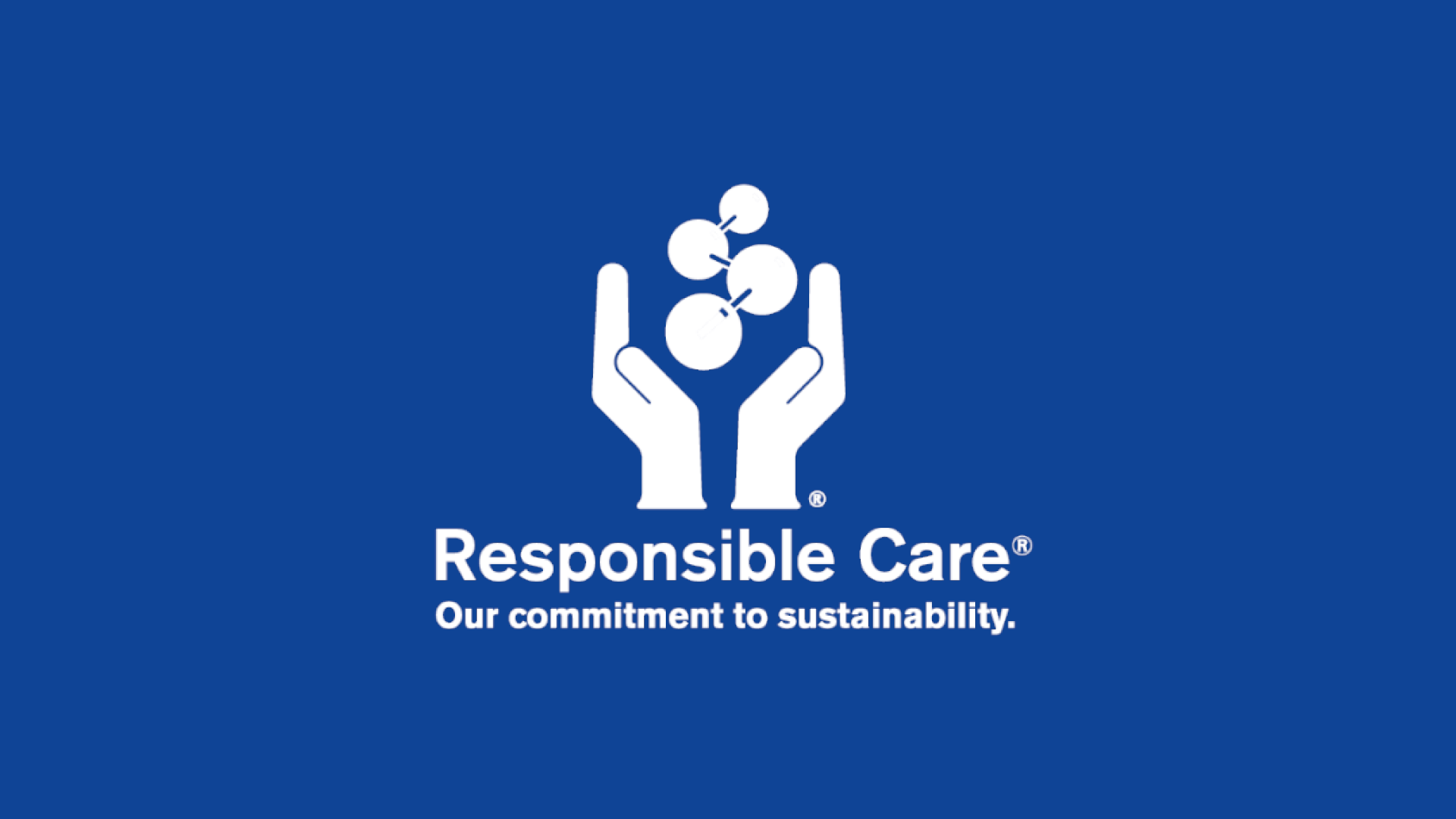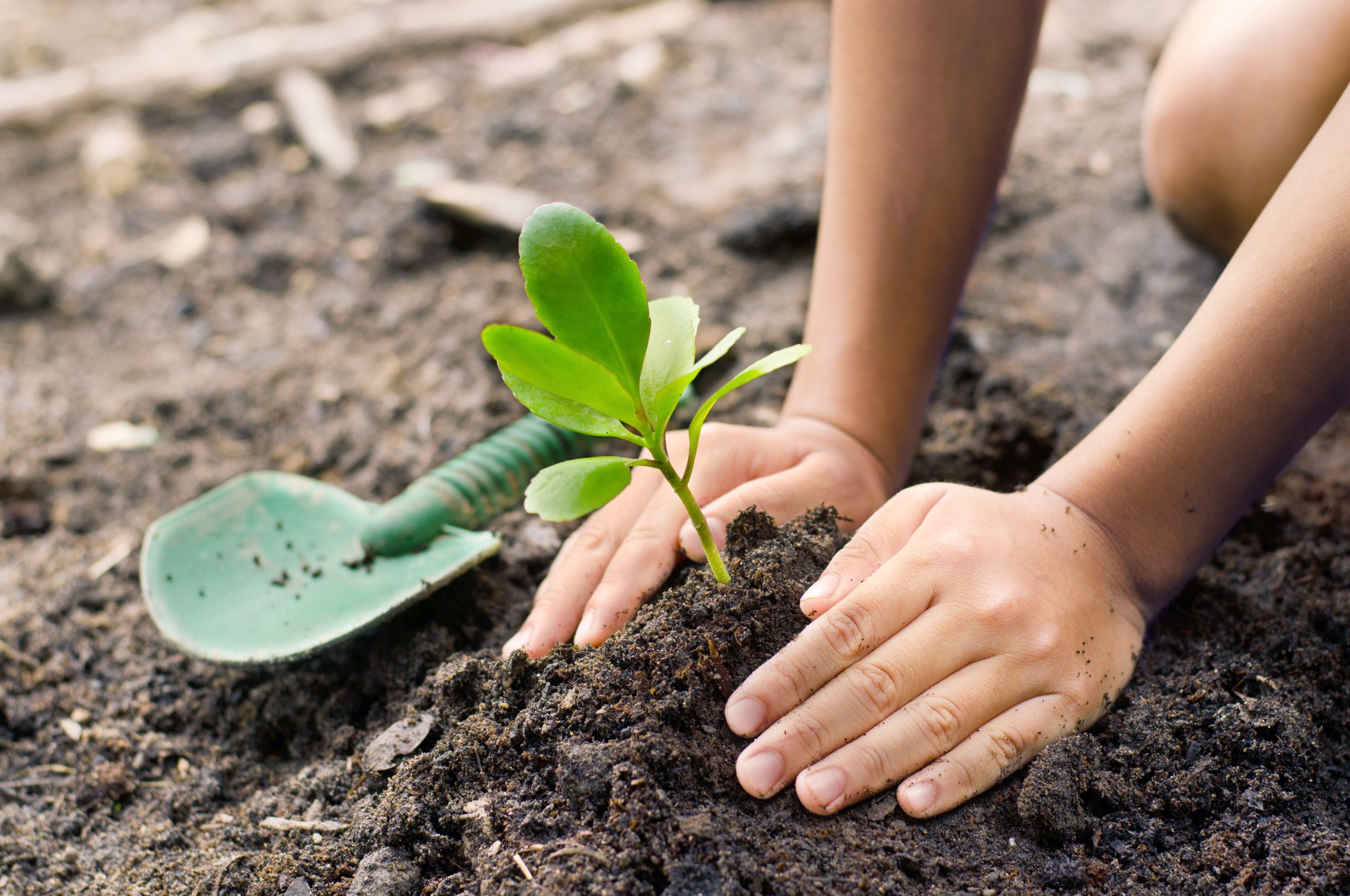Results of Responsible Care 2021 now out – the chemical industry’s climate targets and circular economy are progressing, challenges in safety
The results of the Chemical Industry Federation of Finland’s Responsible Care programme for 2021 have been published. The Responsible Care programme, launched in Finland exactly 30 years ago, helps develop sustainability in the chemical industry and achieve the goal of Climate Neutral Chemistry. As seen in the results for 2021, progress has been made in climate goals. More than half the companies committed to the Responsible Care Programme had set themselves a climate target, the use of renewable electricity increased considerably, and the use of renewable materials continued on an upward trend. However, a setback was seen in safety at work.
“I think it is remarkable that more than half the companies committed to the Responsible Care programme have set themselves a climate target which also shows in the use of renewable electricity rising from 28 per cent to 41. Climate targets include various measures, and we’re now determining the industry’s impact on biodiversity. The strength of the Responsible Care programme is that it will never be ready; it truly is a tool for continuous development,” says Johanna Pentjärvi, Senior Advisor for the Responsible Care programme, from the Chemical Industry Federation of Finland.
Reducing emissions in the long term
The chemical industry is striving to minimise its carbon footprint by developing processes and moving to energy that is as low-carbon as possible. The industry aims to achieve carbon neutrality by 2045. The chemical industry accounts for approximately 5% of all Finland’s greenhouse gas emissions. Efforts to minimise greenhouse gas emissions have been carried out persistently, and the emissions have been reduced by 28% since 1999. In 2021, direct greenhouse gas emissions – scope 1 and scope 2 – were 4.7 million tonnes CO2e.
Good development in the circular economy
Chemistry is an enabler of the circular economy and bioeconomy. Recently, an increase has been seen in the use of waste as raw material for other processes and for energy. The amount of waste destined for final disposal has declined markedly – molecules are reused again and again. In 2021, 53% of the companies in the Responsible Care programme said they used recycled materials in their production. Around 7% of the material flows leaving production were external side streams and waste.
Both positive and alarming development in safety
In Finland, lost time injuries frequency rate is significantly lower in chemical industry compared to industry on average. Since 1988, accidents in the chemical industry have decreased by 91%. The ever-increasing number of safety observations is also a sign of an active safety approach. However, the results for 2021 serve as a wake-up call for the continuous development of safety culture. The lost time injuries frequency rate (LTI3, three-day absence) in the companies participating in the Responsible Care programme rose from level 3 to 4,5 by 51% from 2020. In turn, the frequency rate of injuries leading to an absence of one day (LTI1) rose from level 4,7 to 5,8.
“This is a trend we should be concerned about. In the chemical industry, the development of safety is carried out over the long term, and the sector has made great progress in recent decades. We must determine the reasons for this and find ways to restore the accident frequency rate to a downward trend. Every single accident is one too many. However, 46 per cent of the companies reported zero injuries leading to absence from work,” says Harri Järvelin, Senior Advisor, Responsibility, from the Chemical Industry Federation of Finland.
“The latest results of the Responsible Care programme leave you feeling uncertain. The programme is celebrating its 30th anniversary, and the tangible results make it an obvious success story. For example, emissions are at a completely different level now than in 1992. Over the years, various indicators measuring aspects such as workplace wellbeing, the circular economy and the bioeconomy have been incorporated into the programme. Last year’s results show that workplace safety can only improve through continuous development. We still have a lot to learn and do, and Responsible Care is just the right community for this,” says Johanna Pentjärvi.
Responsible Care 2021 results online:
www.responsiblecare.fi
Highlights of Responsible Care results 2021 (2020 figures in brackets for comparison):
- Greenhouse gas emissions: 222 gCO2e per kg of product (226)
- Energy consumption: 0.95 TWh per million tonnes (0.94)
- The share of renewable energy of total consumption: 22.0% (12.4%)
- Side streams and waste used as material and energy: 88% (76%)
- Lost time injuries frequency rate (LTI3, personnel): 4.5 accidents per million working hours (3.0)
- Lost time injuries frequency rate (LTI1, personnel) 5.8 accidents per million working hours (4.7)
- Safety observations and safety reports average 2.6 per person (2.3)
Lisätietoja
Johanna Pentjärvi
Senior Advisor, Sustainability, the Chemical Industry Federation of Finland
+358 40 5703 920, johanna.pentjarvi@kemianteollisuus.fi
Responsible Care is an international responsibility programme which supports sustainability in the chemical industry. It has guided development work in the sector in Finland since 1992. Currently, 100 companies are engaged in the programme, accounting for 80 per cent of the industry’s production and 60 per cent of its workforce.
Summary reports for about 30 indicators are made annually, showing the development of responsibility efforts in the companies participating in the programme. The results provide a wide range of information, for example on investments in the chemical industry, resource efficiency, emissions, occupational safety and wellbeing, product chains, and interaction and collaboration.
Programme implementation is coordinated by The Chemical Industry Federation of Finland. The Industrial Union, Trade Union Pro and the Federation of Professional and Managerial Staff participate in programme monitoring and development.
The chemical industry is one of the most important industrial sectors in Finland. It accounts for approximately one-fifth of the country’s industrial production and exports of goods. The industry employs almost 100,000 people directly, indirectly and through the income created by the industry.


